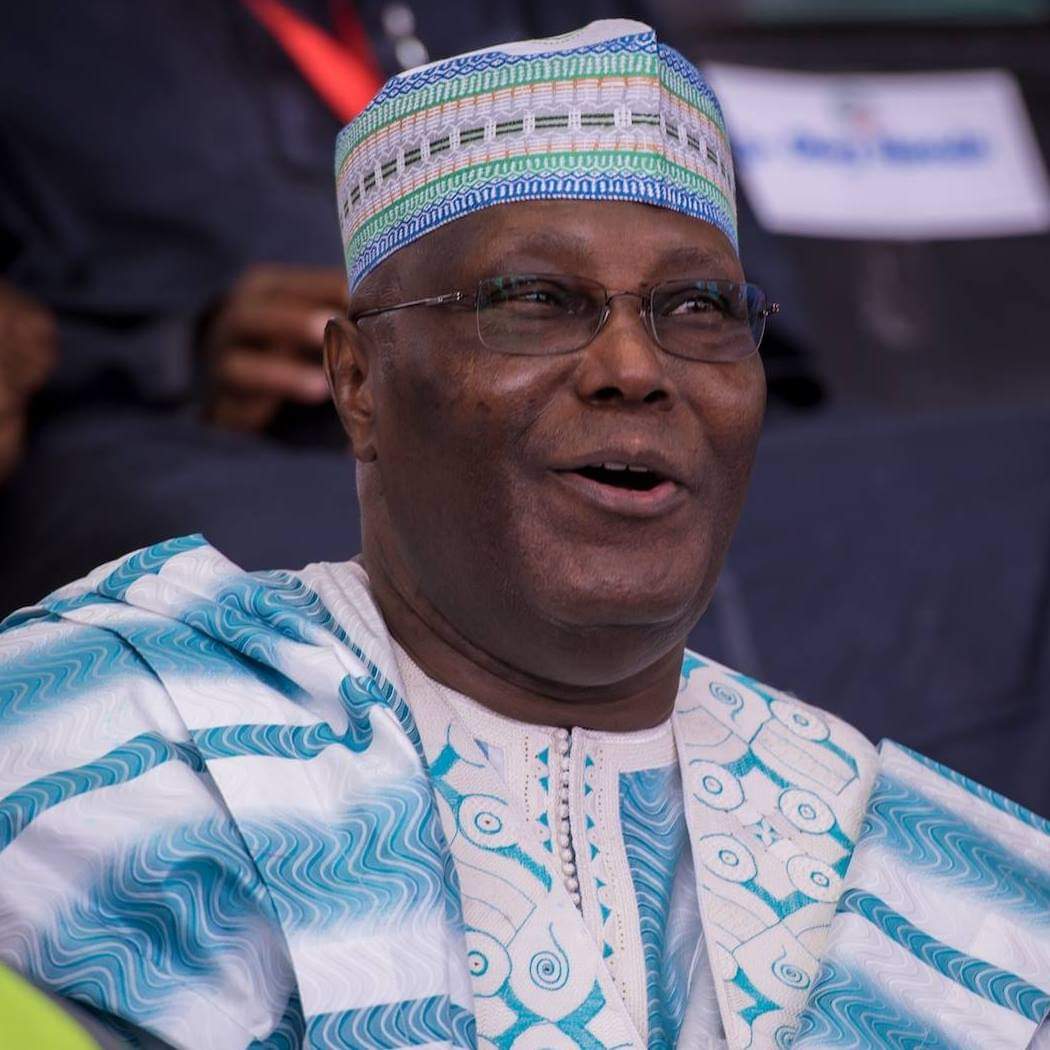The Independent National Electoral Commission (INEC), President Bola Tinubu, and the All Progressives Congress (APC) all stood their ground that the witnesses should not be permitted to testify until June 8 in response to the former vice president Abubakar Atiku’s decision to bring witnesses who had been served with subpoenas to the hearing of his petition on Wednesday.
The Peoples Democratic Party (PDP) candidate Atiku called his first subpoenaed witness at the Presidential Election Petition Court (PEPEC) to present some sensitive documents, but the action was vigorously resisted.
Through their respective attorneys, INEC, Tinubu, and the APC objected to the witness’ testimony, who was allegedly an Adhoc staff member of INEC.
Following the admission of exhibits from 10 local governments in Kogi State, lead PDP attorney Chief Chris Uche, SAN, called in one of his listed witnesses who testified about how INEC failed to transfer results in real-time “as promised” during Wednesday’s hearings.
Ndubuisi Nwobu, a witness from the state of Anambra, had just finished being cross-examined when Uche, representing the petitioners, informed the court that three witnesses had been subpoenaed. Uche then moved to call the first witness, an Adhoc staff member from INEC.
However, Mr. Abubakar Mahmoud, SAN, the counsel for INEC, rose to object to the hearing of the witness’ testimony as soon as he entered the witness box and barely took his oath.
He told the court that he had only received the witness’s statement this morning and would need to review it in order to conduct a thorough cross-examination.
Both Tinubu’s attorney, Chief Akin Olujimi, SAN, and the attorney for the APC, Prince Lateef Fagbemi, SAN, agreed with him, adding that he had only received the statement 20 minutes earlier and had not yet read it.
In response, Uche contended that it was improper to give the respondents access to a subpoenaed witness’s statement up front. He also claimed that the witness’s testimony wasn’t unusual enough to call for an adjournment.
Uche begged the court to call at least one of the witnesses who had been subpoenaed in order to make the best use of the time allowed to the case because the adjournment would take up their allotted time.
In an effort to be compassionate, the court’s presiding justice, Justice Haruna Simon Tsammani, advocated stopping the trial for 30 minutes so that respondents could review the materials and question the first subpoenaed witness.
However, INEC firmly maintained that the witness cannot and should not be accepted because, given that the witness “is said to be an Adhoc staff of the Commission,” he would need to visit INEC’s records in order to check the witness’ status and make the necessary preparations.
Uche sought the court to postpone the testimony of the three subpoenaed witnesses until tomorrow after the respondent’s insistence.
Nwobu had already testified before the Court that while most of the polling places he visited, including the one where he cast his vote, proceeded well during the election, “magic started happening” at the Ward Collation Centers.
He claims that while the election results were recorded on the EC8A forms at the polling places, they were not immediately transferred to the IReV due to the BVAS machines’ malfunction.
He told the panel that if it hadn’t been for his intervention, some INEC employees would have been attacked since they couldn’t immediately upload results.
In contrast to what INEC had promised, he claimed, there had been no real-time results transmission.
The petition’s next hearing has been postponed until June 8 in the meanwhile.
